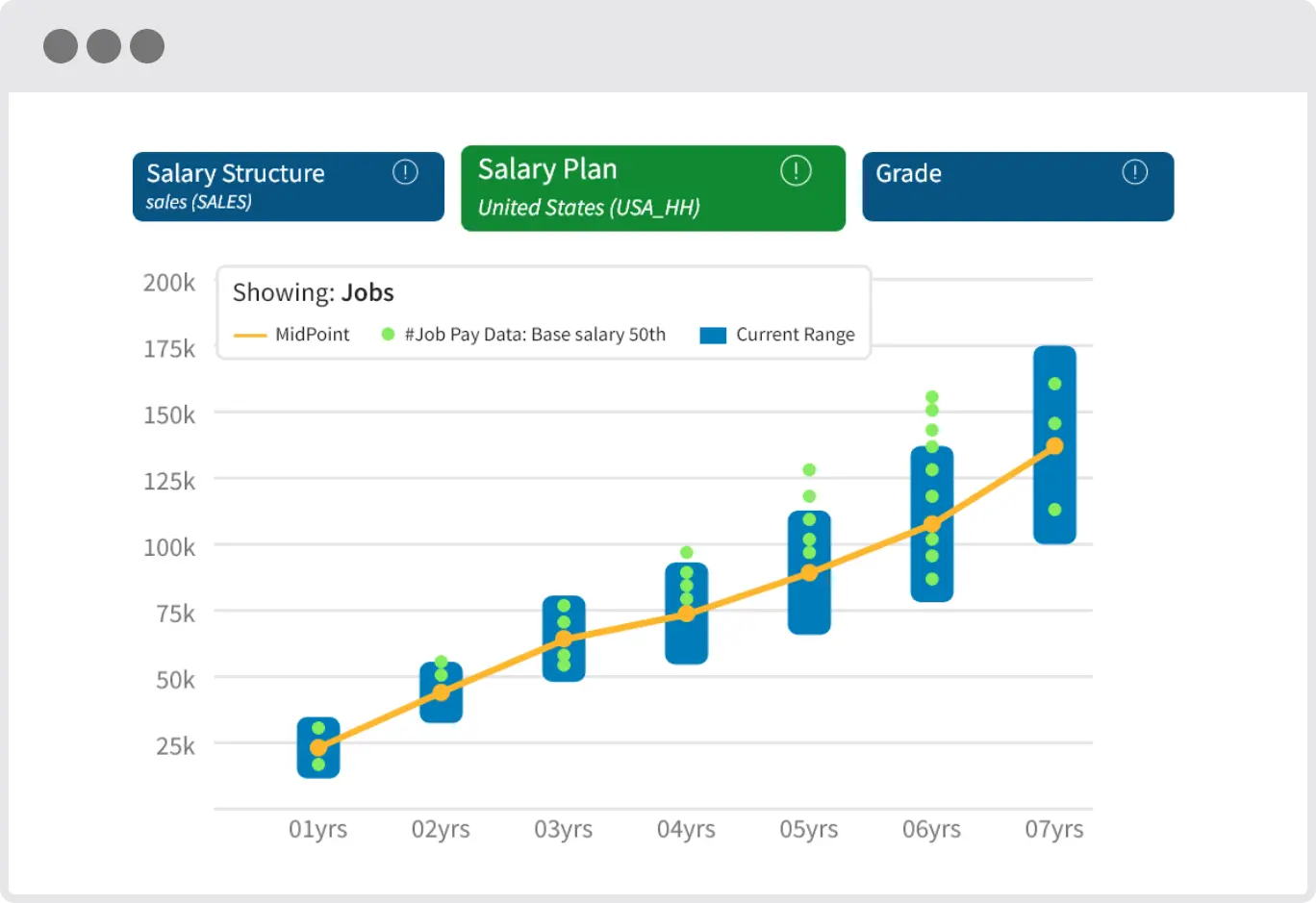Risk Management Director - Healthcare develops and administers risk management programs. Creates and modifies policies to comply with safety legislation, the Joint Commission, HIPAA, and industry practices. Being a Risk Management Director - Healthcare coordinates and develops hospital-wide programs for quality patient care and risk-free services. Acts as the liaison to attorneys, insurance companies, and individuals. Additionally, Risk Management Director - Healthcare investigates any incidences that may result in an asset loss. Oversees insurance designed to protect the health system from loss. Collects information related to the claims and lawsuits made against the health system. Requires a bachelor's degree. Typically reports to senior management. The Risk Management Director - Healthcare typically manages through subordinate managers and professionals in larger groups of moderate complexity. Provides input to strategic decisions that affect the functional area of responsibility. May give input into developing the budget. To be a Risk Management Director - Healthcare typically requires 3+ years of managerial experience. Capable of resolving escalated issues arising from operations and requiring coordination with other departments.
Quality Management Director - Healthcare leads and directs all quality management activities for the hospital including patient care and relations, JHACO compliance, risk management and safety, performance improvement, and infection control. Develops strategic plans and policies for improved quality throughout the hospital and works with top management to ensure compliance with regulatory agencies. Being a Quality Management Director - Healthcare typically requires a bachelor's degree in the field or a related area and certification as a registered nurse. Typically reports to top management. The Quality Management Director - Healthcare manages a departmental sub-function within a broader departmental function. Creates functional strategies and specific objectives for the sub-function and develops budgets/policies/procedures to support the functional infrastructure. Deep knowledge of the managed sub-function and solid knowledge of the overall departmental function. To be a Quality Management Director - Healthcare typically requires 5+ years of managerial experience.
The Technology Project Management Director develops and establishes strategic project management and quality standards and methods that ensure on-time and in-scope delivery. Directs the technical project management function. Being a Technology Project Management Director builds project delivery team skills and capacity. Guides the development of technical estimates, work plans, methodologies, and deliverables. In addition, Technology Project Management Director removes obstacles and negotiates with stakeholders. Manages and mitigates risk in all projects. Has deep and broad knowledge of technology. Requires a bachelor's degree. May require project management certification. Typically reports to senior management. The Technology Project Management Director manages a departmental sub-function within a broader departmental function. Creates functional strategies and specific objectives for the sub-function and develops budgets/policies/procedures to support the functional infrastructure. Working as a Technology Project Management Director typically requires 5+ years of managerial experience. Deep knowledge of the managed sub-function and solid knowledge of the overall departmental function.
There is currently no job description for Director Clinical Technology Management, be the first to
submit
the job responsibilities for Director Clinical Technology Management.
The Healthcare Revenue Cycle Management Director reviews, designs, and implements processes surrounding admissions, pricing, billing, third party payer relationships, compliance, collections, and other financial analyses to ensure that clinical revenue cycle is effective and properly utilized. Directs and oversees the overall policies, objectives, and initiatives of an organization's revenue cycle activities to optimize the patient financial interaction along the care continuum. Being a Healthcare Revenue Cycle Management Director manages relations with payers and providers to generate high reimbursement rates and a low level of denials. Tracks numerous metrics related to the patient engagement cycle including record coding error rates and billing turnaround times to develop sound revenue cycle analysis and reporting. In addition, Healthcare Revenue Cycle Management Director requires a bachelor's degree. Typically reports to top management. The Healthcare Revenue Cycle Management Director manages a departmental sub-function within a broader departmental function. Creates functional strategies and specific objectives for the sub-function and develops budgets/policies/procedures to support the functional infrastructure. Working as a Healthcare Revenue Cycle Management Director typically requires 5+ years of managerial experience. Deep knowledge of the managed sub-function and solid knowledge of the overall departmental function.



